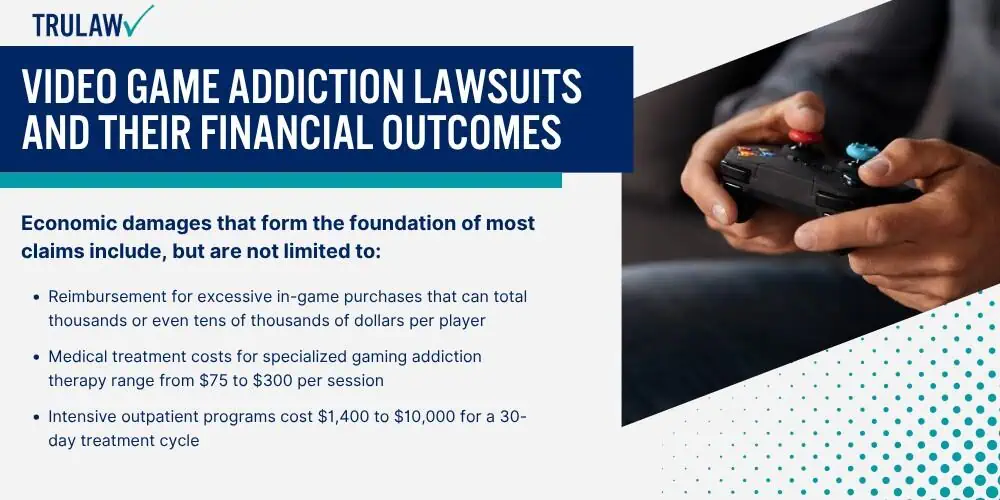Brett Rickaby's Insightful Corner
Exploring the world through news, tips, and intriguing stories.
Jackpot or Jive: What You Need to Know About Player Payout Mechanisms
Unlock the secrets of player payout mechanisms! Discover if jackpots are worth your time or just jive. Read on for the ultimate guide!
Understanding Jackpot Mechanics: How Payouts Work
Understanding Jackpot Mechanics is crucial for any player looking to maximize their gaming experience. At the core of these mechanics is the way payouts are structured. Essentially, a jackpot is a sum of money that accumulates over time, often fed by a percentage of the bets placed by players. Most machines utilize a Random Number Generator (RNG) to determine the outcome of each spin, ensuring that every player has a fair chance. It's important to note that there are different types of jackpots, including fixed jackpots, which remain at a set amount, and progressive jackpots, which increase until someone wins.
When it comes to payouts, understanding the return to player (RTP) rate can significantly impact your strategy. For example, if a machine has an RTP of 95%, it means that over time, players can expect to receive back 95% of all bets placed. However, this is based on long-term play, and individual sessions can vary dramatically. Players often seek out machines with higher RTP percentages, as these are statistically more likely to payout generously. In conclusion, understanding jackpot mechanics and payout structures can enhance your overall experience and improve your chances of walking away a winner.

Counter-Strike is a popular first-person shooter game that has gained a massive following since its release. Players compete in teams to complete objectives or eliminate the opposing team. For those looking to enhance their gaming experience, using a cloudbet promo code can provide exciting bonuses.
The Science Behind Player Payouts: What Every Gambler Should Know
The science behind player payouts in gambling is a complex blend of mathematics, psychology, and economics. At the core, payout percentages are determined by the rules of the game and the house edge, which ensures the casino maintains an advantage over players. This means that while players can win significant amounts, the odds are structured so that in the long run, the casino profits. For example, slot machines typically have a payout percentage ranging from 85% to 98%. This percentage indicates the amount of money returned to players in relation to the total wagered. Understanding these numbers can help gamblers make informed decisions about which games to play.
Moreover, the concept of variance plays a crucial role in player payouts. Variance refers to the volatility of a game, affecting the likelihood of winning smaller versus larger payouts. High variance games might offer big wins but infrequently, while low variance games typically provide smaller wins more often. As such, players should assess their risk tolerance before choosing a game. Additionally, psychological factors like the excitement of winning and the potential for a big payout can influence a player’s choices, leading them to underestimate the mathematical realities of gambling. Ultimately, understanding these scientific principles can empower gamblers to approach their gaming experiences with greater awareness and strategy.
Are Higher Jackpot Odds Worth It? Exploring Player Perspectives
When it comes to playing the lottery, many players often ponder the question: Are higher jackpot odds worth it? For some, the allure of winning a life-changing sum of money can be intoxicating, leading them to favor games that offer bigger jackpots despite the lower probability of winning. Players may argue that a massive payout adds excitement to the experience, transforming a simple lottery ticket purchase into a potential windfall. Others, however, contend that better odds in smaller games provide a more realistic chance of winning, enhancing their overall enjoyment and satisfaction.
From a psychological perspective, the impact of jackpot odds can significantly shape player behavior and preferences. A study indicated that players tend to choose games with larger jackpots, even when those games come with greater difficulty in winning. This decision often stems from a perception that larger jackpots equate to better experiences, regardless of the odds. Ultimately, the choice between higher jackpot odds and better winning probabilities hinges on individual player perspectives and their appetite for risk; each player's approach can vary, emphasizing the subjective nature of gambling experiences.